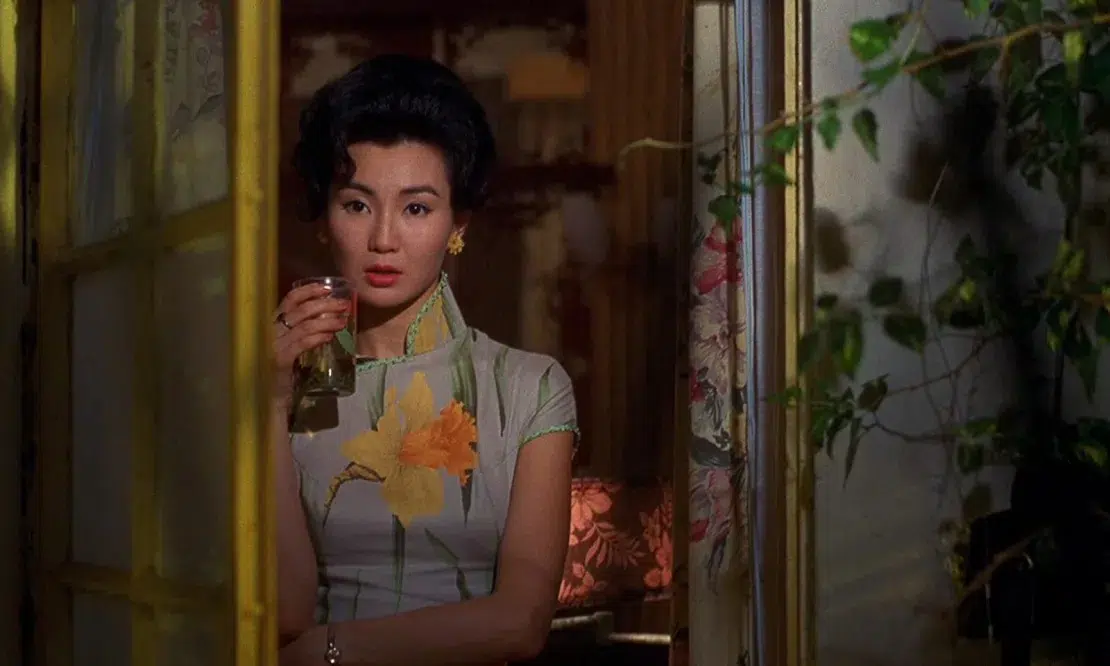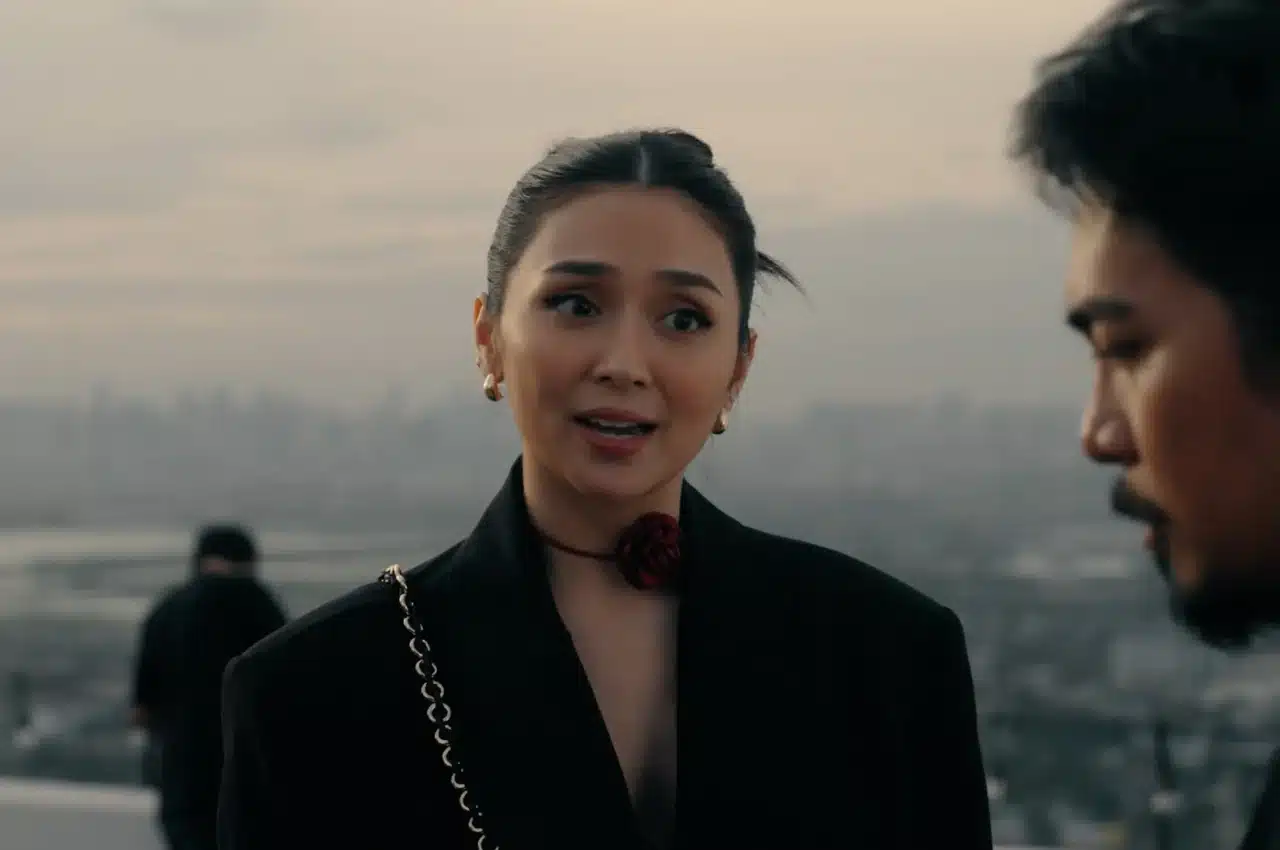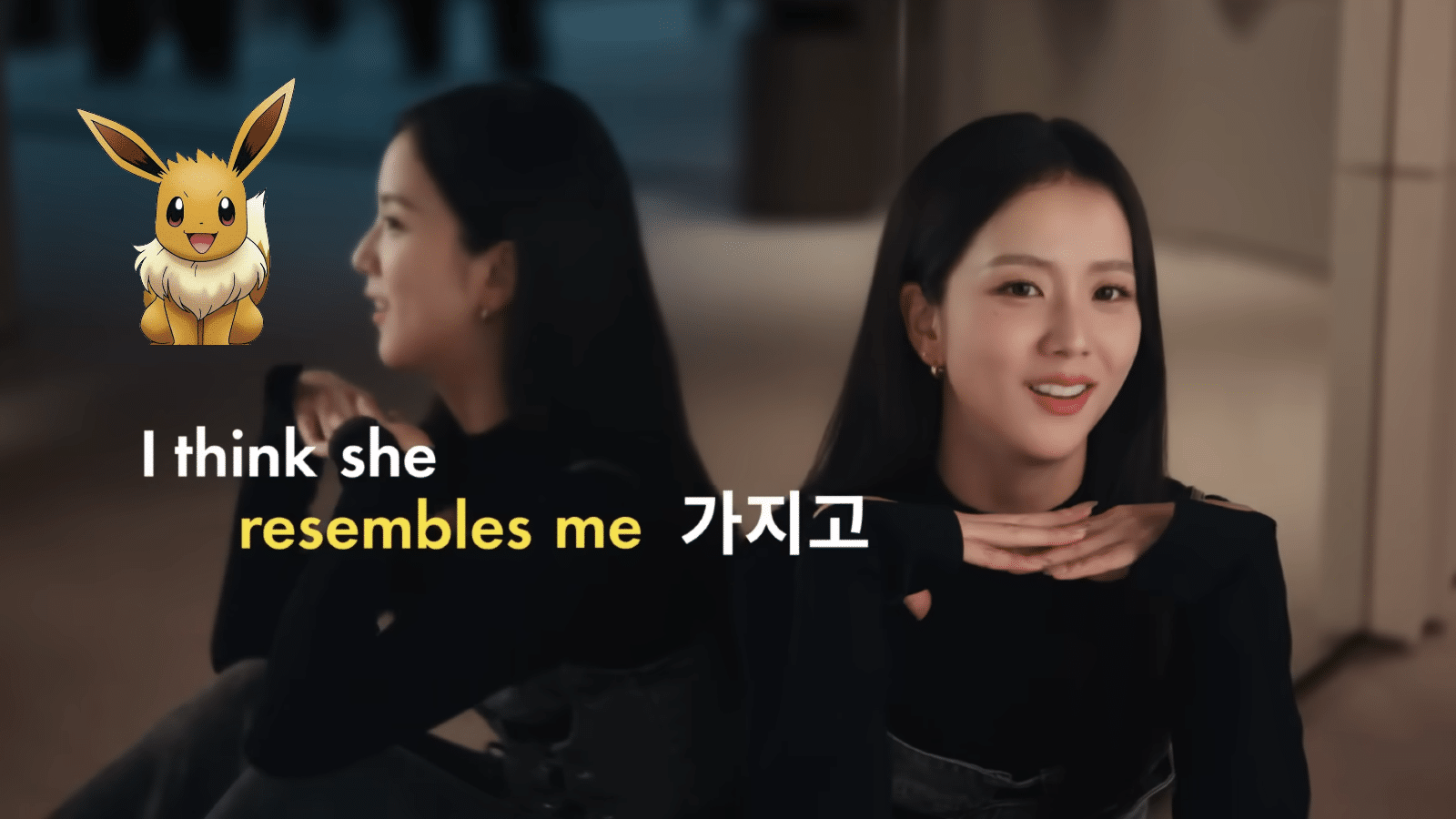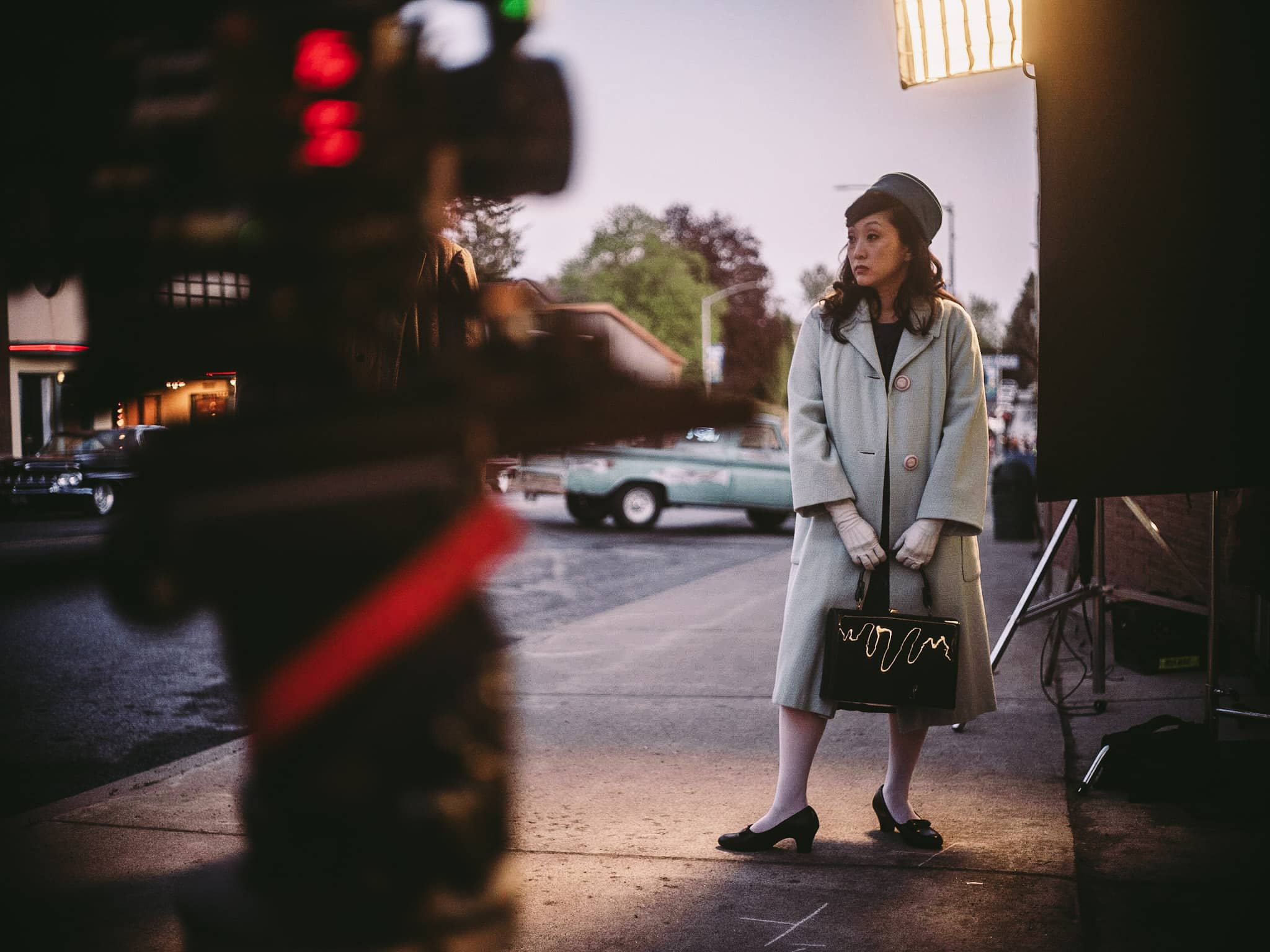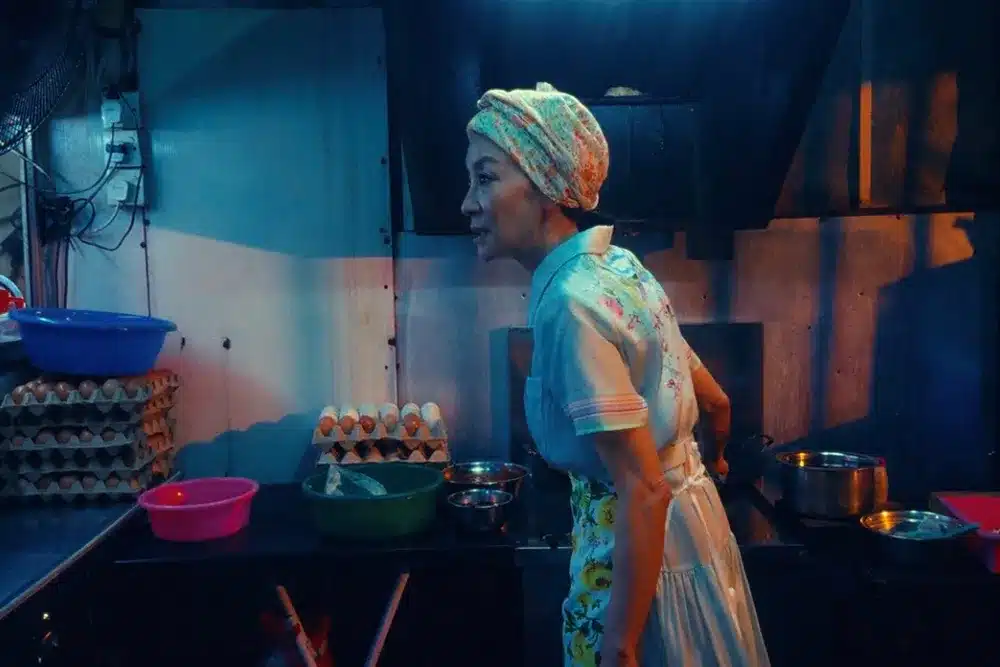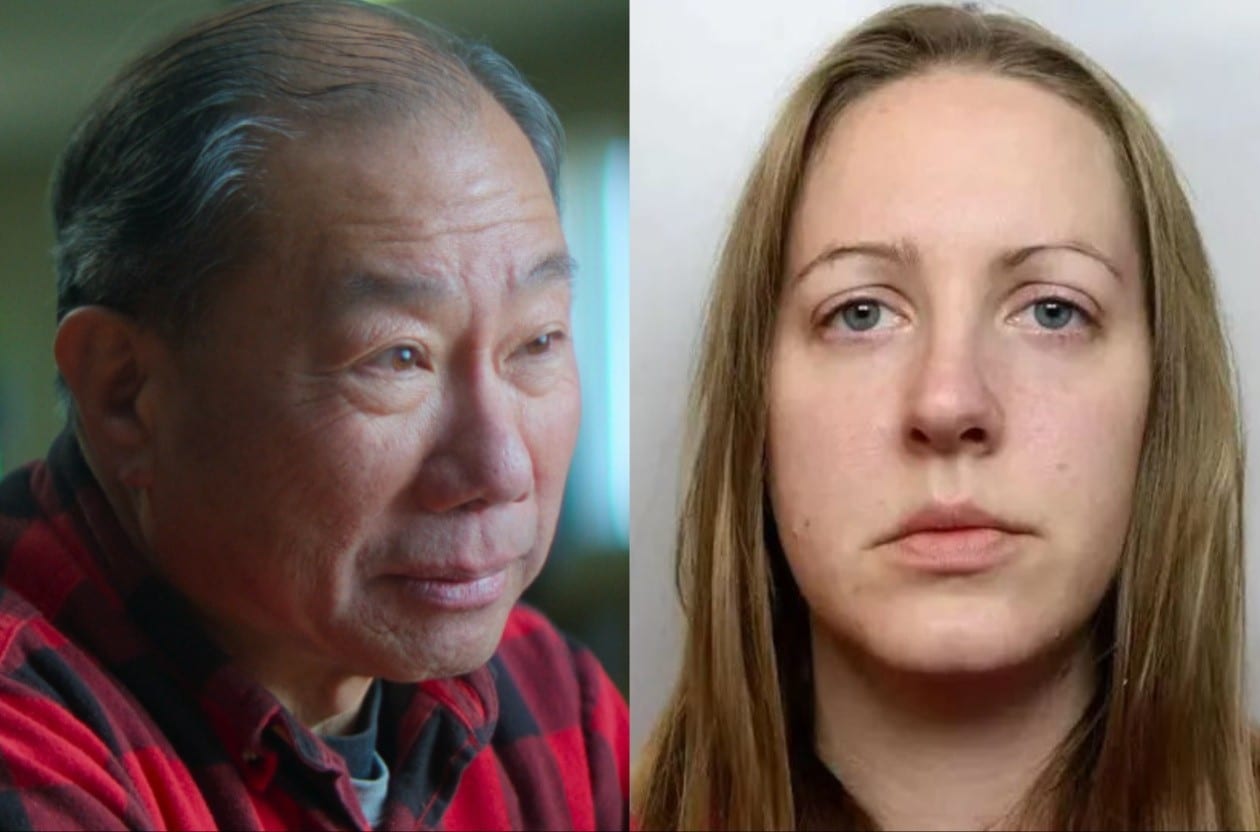Maggie Cheung, a name synonymous with cinematic grace and enigmatic beauty, remains a captivating figure in the world of film. From her early days as a Hong Kong cinema darling to her rise as an international icon, Cheung’s journey is one of versatility, artistic exploration, and a unique ability to captivate audiences across cultures.
Her story begins with a cross-cultural upbringing. Born in Hong Kong to Shanghainese parents, Cheung spent much of her childhood in England, a formative experience that would later inform her diverse roles and international appeal. Returning to Hong Kong at 18, she embarked on a path that would lead her to the heights of cinematic success.
Cheung’s early career was marked by a prolific output, starring in a wide array of films that showcased her versatility. From 1987 to 1993, she was in at least 5 films a year. In 1988, she even appeared in 12 films. She shared the screen with prominent figures like Jackie Chan in Police Story, solidifying her presence in the Hong Kong film industry.
However, it was her collaboration with acclaimed director Wong Kar-wai that would truly elevate her to iconic status. Beginning with As Tears Go By (1988), their partnership culminated in the masterpiece In the Mood for Love (2000). Cheung’s portrayal of Su Li-zhen, a woman grappling with loneliness and unspoken emotions in 1960s Hong Kong, resonated with audiences worldwide. The film, a visual and emotional tapestry, became an instant classic, and Cheung’s performance cemented her place in cinematic history.
“Cheung’s collaborations with Wong Kar-wai truly cemented her international stardom,” observes AnOther magazine, “but none were as impactful as In the Mood for Love. Dressed in magnificent floral cheongsams…Cheung’s outing as the solitary Su Li-zhen, caught in an emotional tangle with journalist Chow Mo-wan (Tony Leung), is a performance for the ages.”
Cheung’s talent transcended geographical boundaries, garnering her awards at prestigious international film festivals. In 1992, she won Best Actress at the Berlin International Film Festival for her portrayal of silent film star Ruan Lingyu in Centre Stage. This victory marked a significant milestone, establishing her as a force on the global cinematic stage.
Her collaborations with French director Olivier Assayas, whom she married in 1998, further broadened her international recognition. Irma Vep (1996), a film that saw Cheung playing a fictionalized version of herself, achieved cult status, praised for its meta-narrative and insightful commentary on the film industry.
Read more: Hayao Miyazaki Turns 84: From ‘Totoro’ to ‘Spirited Away’ – A Career in Animation
Despite achieving remarkable success, Cheung made the unexpected decision to retire from acting in 2004. “I’ve played a ghost, cat, snake, I’ve been funny, sad, I’ve been filmed flying on screen,” she mused. “So why not spend time on something else?” This statement encapsulates Cheung’s artistic curiosity and her desire to explore new avenues of self-expression.
Her retirement, however, continues to intrigue and generate discussion. “It’s tragic that she is not even more widely recognised and known as one of the greatest performers and actors of our time,” comments Greta Lee. Assayas shares this sentiment, expressing his disappointment that Cheung “has not made all the movies she should have made or could have made.”
In the years since her departure from the screen, Cheung has pursued other artistic passions, including music and painting. Her brief venture into the music world, though met with criticism, revealed her resilience and unwavering commitment to pursuing her interests.
Cheung’s legacy extends beyond her filmography. Her influence on fashion, particularly her unforgettable cheongsam looks in In the Mood for Love, continues to inspire designers and fashion enthusiasts alike. Her innate elegance and timeless style have solidified her status as a fashion icon.
Today, Maggie Cheung remains an enigmatic figure. Her absence from the public eye only serves to heighten her mystique, leaving us with a profound appreciation for the lasting impact she has had on cinema. Her story is a testament to the power of artistic exploration, self-discovery, and the courage to defy expectations. We remember Maggie Cheung not just for the roles she inhabited, but for the unique path she forged, a path that continues to fascinate and inspire.

